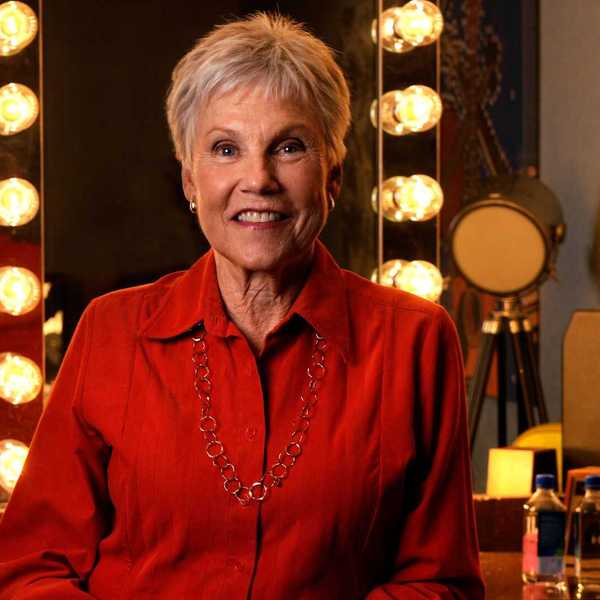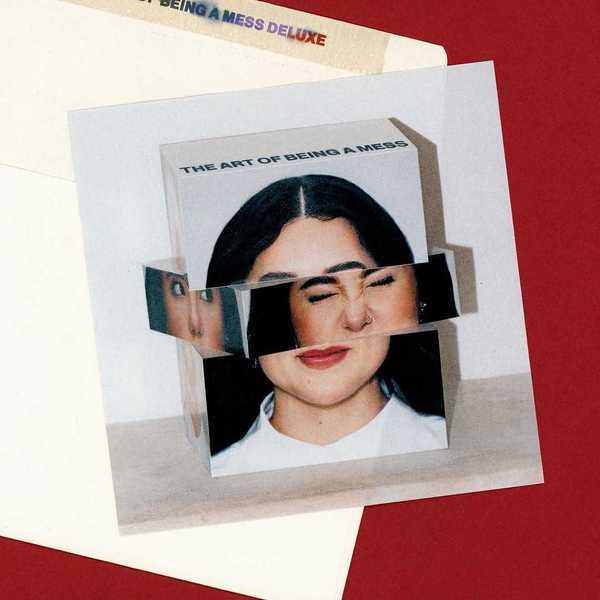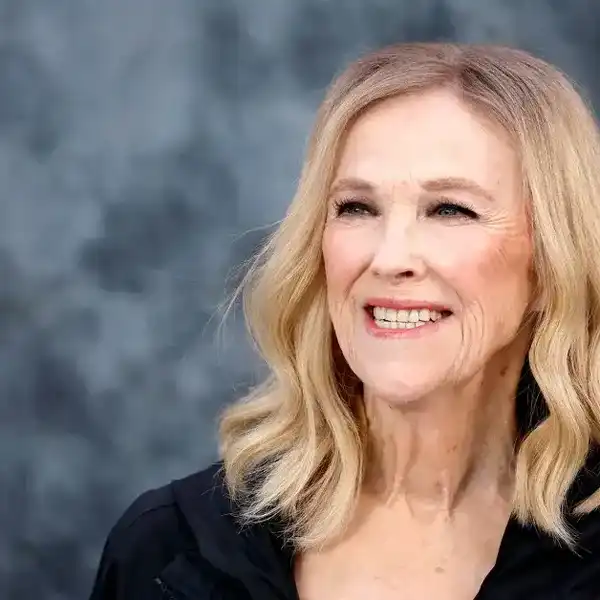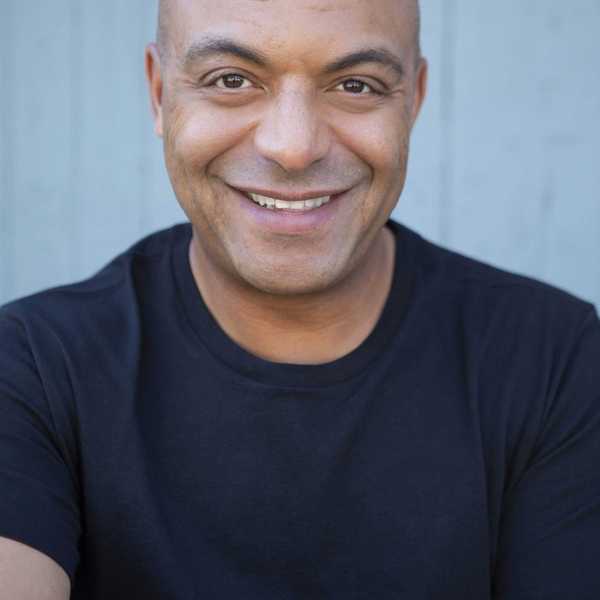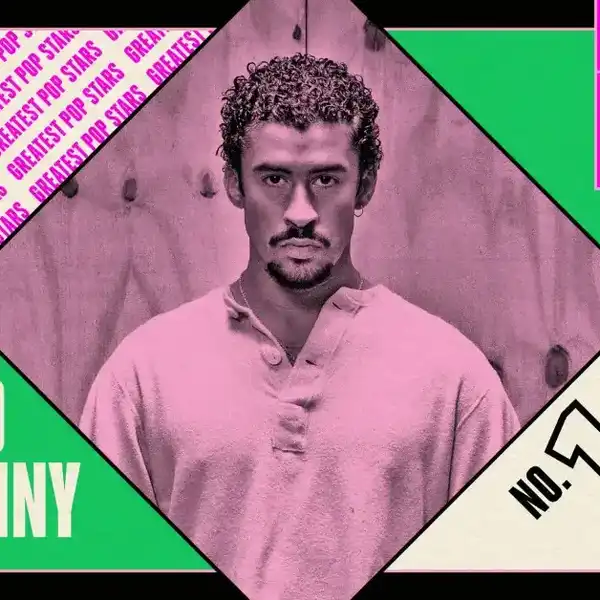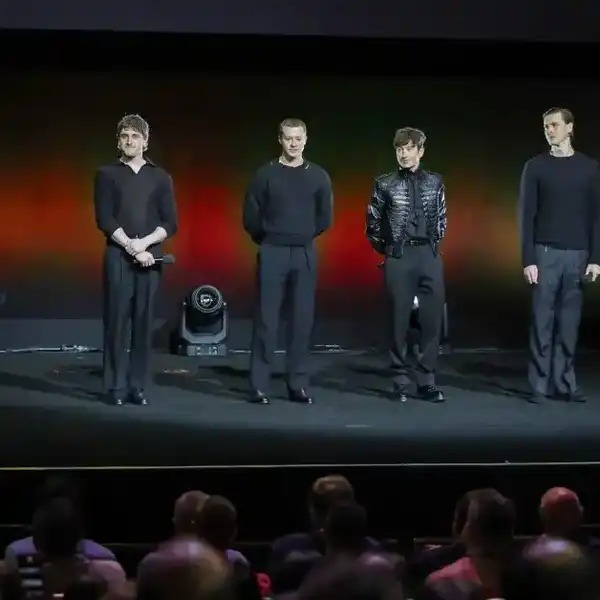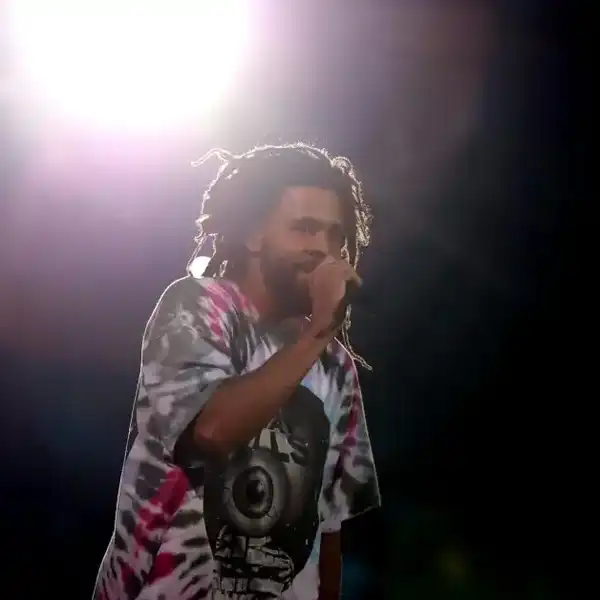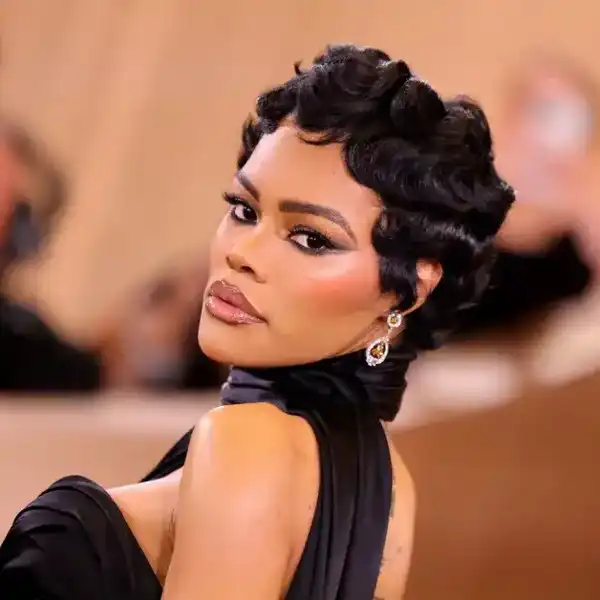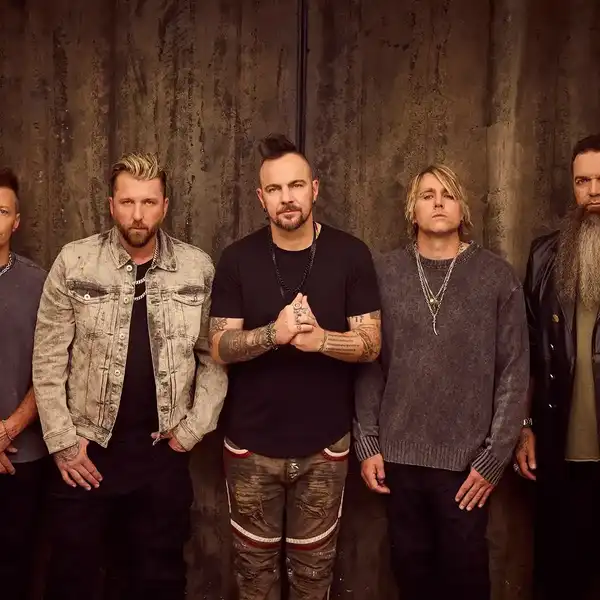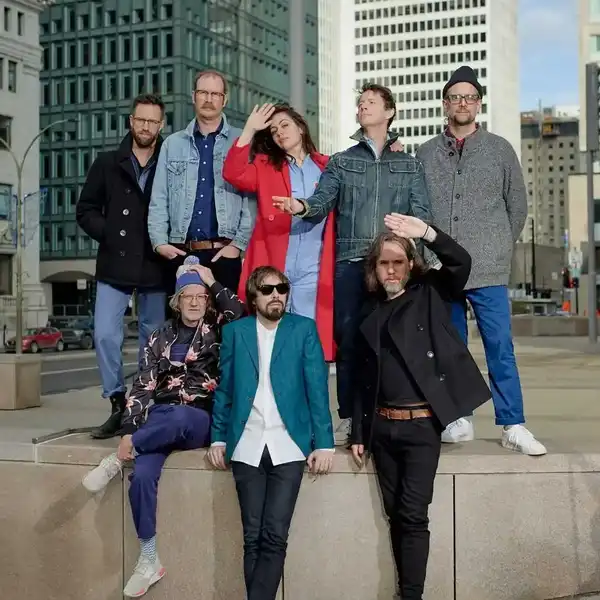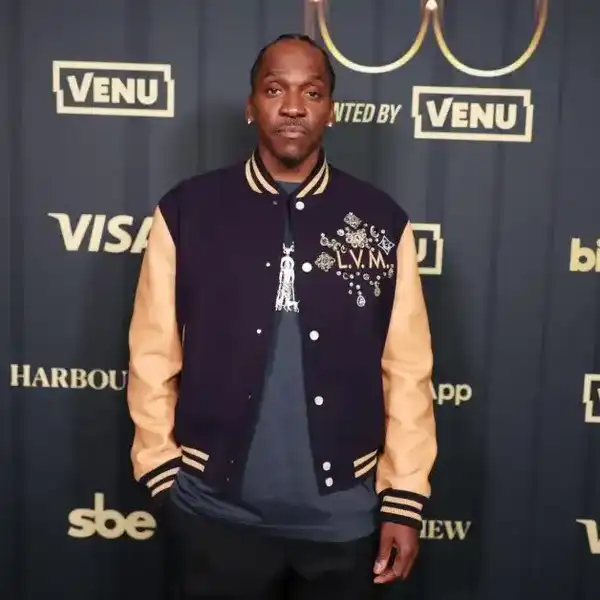CMW 2019 Saturday Wrap
The final day of CMW 2019: Lefsetz talks to McCarty; Mannis-Gardner talks samples and Music Cities Summit talks about getting started and tourism dollars.
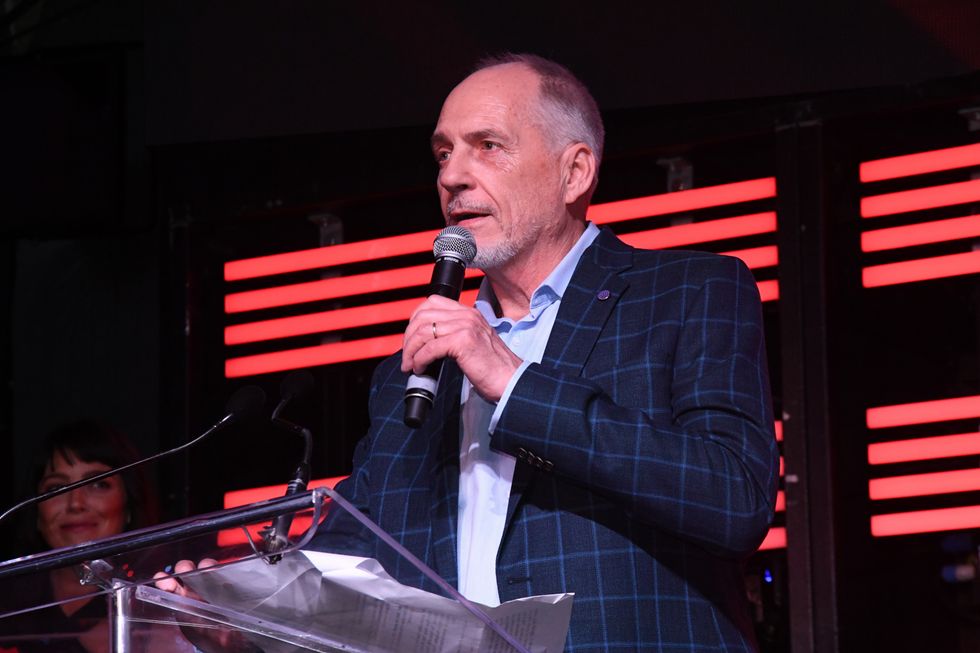
By FYI Staff
The final day of the 37th annual Canadian Music Week Conference is devoted to the Music Cities Summit and topics that include Fair Pay, Sampling and a revealing interview by Bob Lefsetz with SOCAN’s Michael McCarty, one of the latest Music Industry Hall Of Fame inductees.
10:50 a.m. - Music Cities Summit: Inclusivity, Equity and Diversity in The Context Of A Music City - How Are We Faring?
Introducing this panel, Music Cities authority Amy Terrill (Music Policy Forum) stated that its aim was "to bring voices to the table."
She cited a recent visit to New Zealand to help launch Auckland as a UNESCO City of Music as inspirational, noting that "Maori language, culture, and music is fully integrated there. We have a long way to go with our indigenous communities."
This was followed by a videotaped keynote presentation from Recorded Music NZ's Mark Roach in which he detailed that difficult process while acknowledging that institutional racism does still exist. Noting that "music helps us memorize language," he urged audience members to "use music as a bridge to unite."
The following panel featured SOCAN Foundation’s Charlie Wall-Andrews discussing issues of equity and diversity with artists/activists Domanique Grant and Kanika Gupta. Though occasionally burdened by jargon ("intersectionality," "ethno-relativity," etc.), the panelists collectively stressed the importance of dialogue with artists of colour and different sexual identities.
"Listen to them and create room for feedback," urged Gupta. "Everyone here has privilege," claimed Grant. "Look at what you have and be honest."
The most interesting question: does the stress on 50/50 gender parity in the music biz exclude other genders and ethnicities? (Kerry Doole)
10:50 a.m. – Fair Pay For Fair Trade
The fact that the songwriter is still positioned as the lowest priority when it comes to compensation in the streaming age has proved to bring no shortage of frustration to the players involved.
Even though Songwriters of Association president Greg Johnston applauds the recent European Copyright Directive that “strengthen the creative rights and provides mechanisms” that help when it comes to negotiating contracts, the drafted legislation needs to be passed and adopted by several countries.
“We think others need to look at it as a copyright rule that protects everybody,” Johnston notes. “ It limits the exposure to predatory behaviour by big-tech companies that are looking for free content.”
Eddie Schwartz, the president of CIAM (The International Council of Music Creators), said the constant exploitation and expectation of companies like Google and Spotify to obtain free content is “a critical issue.”
“If millions of people are enjoying your work, you should be able to make a living because you know Google isn’t hurting.”
Andre Le Roux of SAMRO (the South African equivalent of SOCAN) says he is angry and envious: envious of Canada’s grant system and angry about a piece of legislation that is sitting on President Cyril Ramaphosa’s desk that would further dilute his country’s copyright act if signed.
Fair Pay For Fair Trade still seems idyllic – but it’s closer. (Nick Krewen)
12.30 p.m. - Music Cities Summit: A Music City Hypothetical: What Happens when a DIY Venue Closure Challenges The Entire Foundation for a City’s Music Strategy?
An unorthodox but effective concept for this session, the details of the fictional closure of a DIY space were gradually revealed as reps from many music community facets were invited to discuss.
Guided by entertainment lawyer Darlene Tonelli, the high-powered 15-person panel included the Music Officers of Ottawa and London, ON, plus artists, venue operators, the Canadian Live Music Association's Erin Benjamin, T.O. city councillor Joe Cressy, and the City's chief bylaw enforcement officer.
Topics that arose included safety issues with DIY venues and the real threat posed by alt-right internet trolls out to shut down LGBTQ or left-wing friendly spaces. Local club owner Shaun Bowring referenced the overkill he faced 18 months ago, post the Ghost Ship tragedy in Oakland, with a show that moved from a DIY space to the Baby G - "it had 40 concertgoers and we were visited by 10 officials, from Fire, ATF, and the Alcohol and Gambling Commission." He tells FYI "that marked a turning point where a more open dialog with city officials (after visit) has progressed." Benjamin praised DIY spaces, observing that "there are bad operators in every business, but any activity at the grassroots is part of the heartbeat of the city."
Not on the panel, though in the room, was T.O. Music Sector Development Officer Mike Tanner. Let's hope he took notes. (Kerry Doole)
12:35 p.m. – Greenlighting: Risk, Rewards and Gut Instincts Of Signing Artists
Before he became SOCAN’s Chief Membership & Business Development Officer, Michael McCarty enjoyed a long career in music publishing with ATV Music, Sony Songs, EMI Music Publishing and ole.
His very first signing was Gordon Peterson in his pre-Indio days, one that he says “went horribly astray.” When he later headed up Sony Song and ATV in the States under boss Michael Jackson (yes, that one), he dealt with Peterson again and lost him through some chicanery of another music publishing executive.
The life lessons that Peterson fiasco taught him was “Not to give out your secrets and stand up for what you believe in,” McCarty says. “That incident Informed every decision that I’ve made – trust your gut.”
McCarty’s signings included Wilson Phillips and Esthero – whom he signed without hearing her sing and knowing she didn’t write songs – and later teamed her up with Doc McKinney.
But his proudest signing was Sum 41, who he heard about through Len leader Marc Costanzo (“Steal My Sunshine.”) After signing the Ajax punk rockers to a publishing deal, no major labels would touch them. So the demo was repackaged with a seven-minute Camcorder video, and suddenly they received offers from everyone that previously rejected them.
McCarty says part of the litmus test for signing his acts was to look into their eyes.
“How badly did they want it?” Quite badly, apparently. (Nick Krewen)
2:35 p.m. Music Cities Summit: Strategy Development: Back To Basics
Held in the smaller Kenora Room at the Sheraton Centre, as chairs formed a circle and everyone was face-to-face, this panel served as a refresher course on how music cities such as Toronto, Ottawa, and Vancouver established their music offices.
Both Mike Tanner, Music Sector Development Officer for the City of Toronto, and Kwende Kefentse, Ottawa’s Cultural Research & Development point person, shared similar stories of approaching council with ideas to implement a music strategy in 2013.
Vancouver Cultural Planner Jarrett Martineau says Vancouver has just reached the stage where the city is planning their music strategy, while Maryann Lombardi, the Chief Creative Economy Officers in Washington, D.C., says neither she nor her city has a traditional music strategy. She basically plays matchmaker and utilizes previously existing space to help artists collaborate and work with each other.
To establish your own music office, the song remains the same: reach out to counsel, get the public involved, open dialogues and hopefully do your city proud. (Nick Krewen)
3:25 p.m - The Sample Queen: DMG Clearances’ Deborah Mannis-Gardner on the Art and Cost of Sampling.
A fascinating and candid interview with the woman who clears samples for everyone from Drake to Michael Jackson to Led Zeppelin for albums, films, TV and video games, conducted by Canadian Musician’s Matthew King.
How candid was Deborah Mannis-Gardner?
“Knowledge is power,” explained Mannis-Gardner as to why she educates her clients about the value of music rights. “This is the music industry: Let’s not sugarcoat this. It’s a slimy, shitty, dirty business that creates incredible fucking music. So, if I don’t teach people what it means to secure the rights of music, they can get sued.”
Since 1996, Mannis-Gardner says she has dealt with both samples – recordings inserted into other compositions - and interpolations, as in singing another composition and incorporating it into your recording. When she receives a request to clear a sample, Mannis-Gardiner researches to find the writers, publishers and record labels associated with the track.
“I tend to come up with the fair deal – not at the lowest rate, but the fair rate because everyone needs to be properly compensated for use of that sample.”
One nugget gleaned through the conversation: she recently cleared Drake’s So Far Gone, whose samples apparently weren’t cleared the first time around when it was out 10 years ago, for the re-mix re-release:
“Don’t you know that we paid a lot of money to give back pay for all that streaming,” she revealed. (Nick Krewen)
4:15 p.m. Music Cities Summit: Tourism – Dollars and Sense
A shocking stat was tendered almost right off the bat in this forum: ELLA Project co-founder Ashlye Keaton said that her beloved New Orleans – the No. 1 tourist destination in the U.S. - only receives 1.5% of the US$9B tourism revenue generated by the annual 18 million visitors.
"It goes to the state,” Keaton explained, hoping to find a solution that would send some of that lucre back in Crescent City's direction.
That set the value tone for the conversation, where Chris Campbell, Tourism London’s Director of Culture & Entertainment, said research is the key to validation and justifying music’s presence in the tourism equation.
“The biggest thing for the economy is to measure the results.”
He also added this gem:
“Millennials are spending more money on music – period – than any other sector,” Campbell said.
MP Michael Barrett echoed the overall sentiment of economic gain via research:
“We all know that music tourism generates a lot of money and employs a lot of people.”
Later, he added: “Politicians are good at two things – they’re good at looking for votes and showing up to hand out money. So, make sure that they show up to hand out money and then you can tell them how you’ll vote.”
Money for the arts is always a sound investment. (Nick Krewen)


